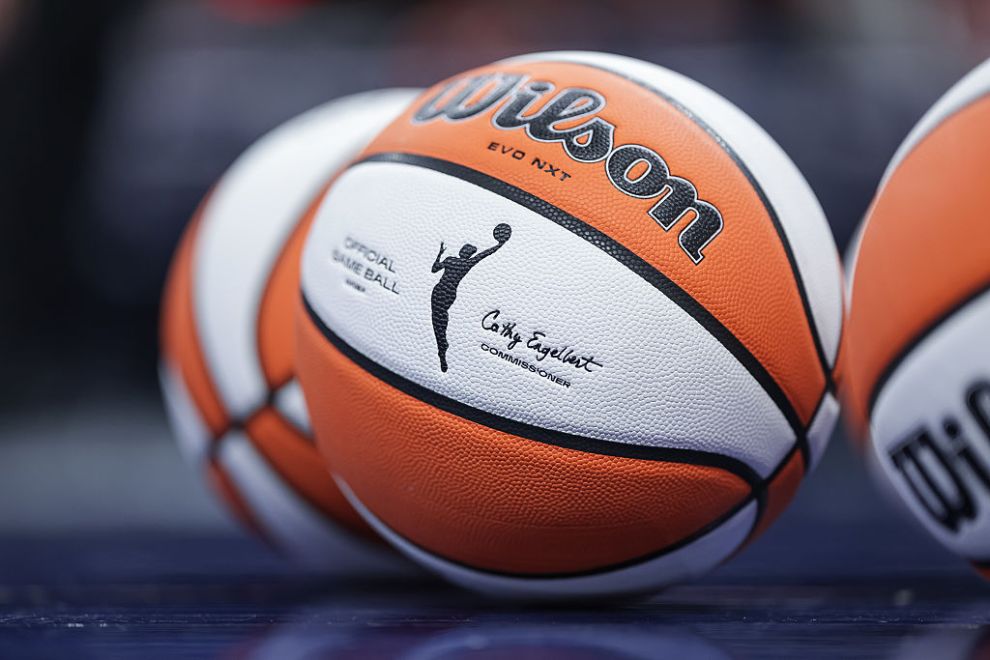Cleveland, Detroit, and Philadelphia will become the latest entries in the WNBA’s growing footprint, as the league prepares to welcome three new franchises by 2030. The announcement comes at a moment when women’s basketball is surging in popularity and drawing fresh investment.
Strategic Growth in Iconic Hoops Cities
Commissioner Cathy Engelbert framed the move as a significant evolution. “The demand for women’s basketball has never been higher,” she said on June 30. She noted this expansion marks “a powerful reflection of our league’s extraordinary momentum, the depth of talent across the game, and the surging demand for investment in women’s professional basketball.”
Each new franchise will be backed by NBA-affiliated ownership and has paid a $250 million expansion fee—roughly five times more than recent expansion teams. The cities were chosen after the WNBA evaluated 25 criteria, including market demographics, corporate support, and infrastructure.
City Snapshots
Cleveland (2028)
Owned by Dan Gilbert’s Rock Entertainment Group, which also holds the Cavaliers, Cleveland will play at Rocket Arena. Commissioner Engelbert praised the data: “I’m a data geek. All the data we’ve been looking at…what would make a successful franchise.” Cleveland previously hosted the Rockers from 1997–2003.
Detroit (2029)
The Detroit Pistons’ owner Tom Gores will lead the new franchise, joined by minority partners Grant Hill, Chris Webber, and Jared Goff. Arn Tellem, Pistons vice chairman, believes the return is “a huge win for Detroit,” and sees strong legacy potential.
Philadelphia (2030)
Majority-owned by Harris Blitzer Sports & Entertainment, led by Josh Harris of the 76ers, this franchise will have a new downtown arena. Harris emphasized local passion: “Philly fans are passionate…they hold everyone accountable,” reflecting enthusiasm for the sport.
Rivalries, Revenue, and Rising Stakes
With these additions, the WNBA will grow from 15 to 18 teams by 2030, following the upcoming Toronto and Portland clubs that begin in 2026. Engelbert pointed to the media rights deal worth $2.2 billion and a forthcoming collective bargaining agreement, signaling the league’s push for higher salaries and global expansion.
Detroit and Cleveland’s proximity promises rekindled regional rivalries. “I think there’s some great historical rivalries in the NBA…and I think that will carry over to the WNBA,” said Pistons vice president Arn Tellem. Similar contrasts will emerge between Philadelphia and New York.
Looking Ahead
Other cities, including St. Louis, Kansas City, Miami, and Houston, submitted expansion bids but were not selected—though Engelbert acknowledged Houston’s legendary history and flagged its potential in future phases.
The new teams will also inject investment in practice facilities and amenities, underscoring a long-term commitment to player development and fan experience

